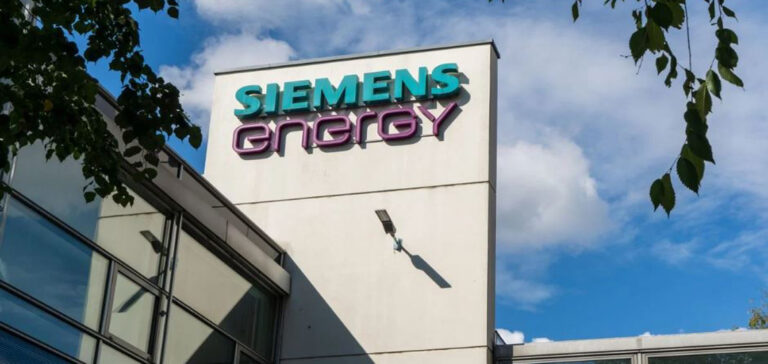The energy industry, at the dawn of a major transformation, is witnessing the emergence of a strategic partnership between Siemens Energy and Air Liquide. This Franco-German industrial synergy is forging a new path ingreen hydrogen production, with the inauguration of a pioneering facility dedicated to the manufacture of electrolyzer modules. These are the cornerstone of the massive production of low-carbon hydrogen, essential to the energy transition of heavy industry.
Innovation in low-carbon hydrogen production
At the heart of this breakthrough is a significant investment of 30 million euros, supported in large part by Siemens Energy. In addition, the modular, compact design of the electrolyser modules means they can be used in series for industrial electrolyser assembly. This device is essential for the large-scale manufacture of hydrogen without significant CO2 emissions, representing a quantum leap in industrial decarbonization.
Franco-German investment in the future
The fully-automated plant, which occupies 2,000 square meters, is located on a historic site that has witnessed continuous Siemens innovation since 1904. It boasts an initial production capacity of 1 gigawatt per year, which is set to rise to 3 gigawatts by 2025, reflecting both companies’ ambition and commitment to the environment.
Electrolysis for decarbonation
The adoption of electrolysis to produce hydrogen from renewable energy sources marks a turning point in industrial practice. By favouring sources such as wind, solar and hydraulic power, the hydrogen produced is not only green but also low-carbon, calling into question the predominance of “grey” hydrogen, derived from the reforming of natural gas, which releases large quantities of CO2 into the atmosphere.
Green hydrogen: an industrial revolution in the making
This initiative is a key element in the strategy of expanding sustainable hydrogen production on a European scale, illustrated by other large-scale projects, including the industrial electrolyzer in Oberhausen and a similar project in Normandy. These projects are not just technological demonstrators; they symbolize a continent’s drive towards the goal of carbon neutrality.
Energy transition and industrial prospects
The economic and environmental benefits of this innovation are not limited to optimizing industrial processes. They also open up prospects for the creation of interconnected regional industrial ecosystems, where low-carbon hydrogen can become the norm in energy production. The prospect of reducing the carbon footprint of energy-intensive industries without sacrificing productivity or competitiveness sets a precedent that could redefine the foundations of industrial energy for future generations.
The inauguration of Siemens Energy and Air Liquide’s Franco-German facility is more than just the opening of an industrial site; it heralds a new era in which low-carbon hydrogen becomes a key vector in the energy transition. This major step forward confirms the commitment of these companies to sustainable innovation and the development of a clean, efficient and responsible energy economy. The march towards a greener industry is now underway, with promising spin-offs for the economy, the environment and society.






















